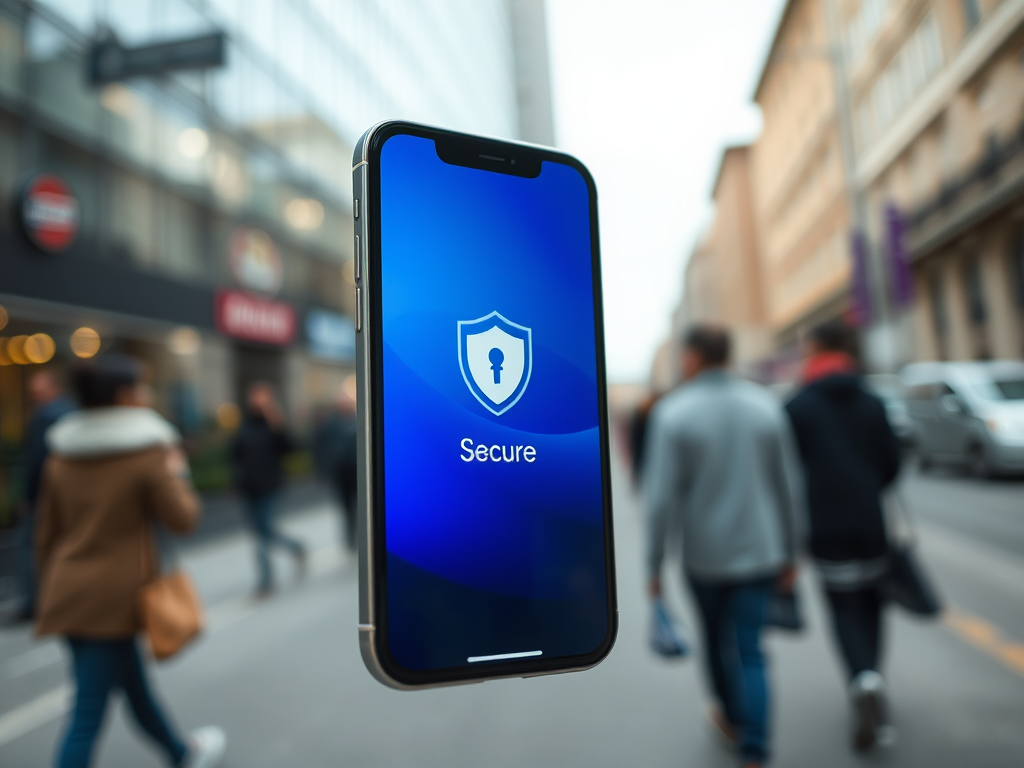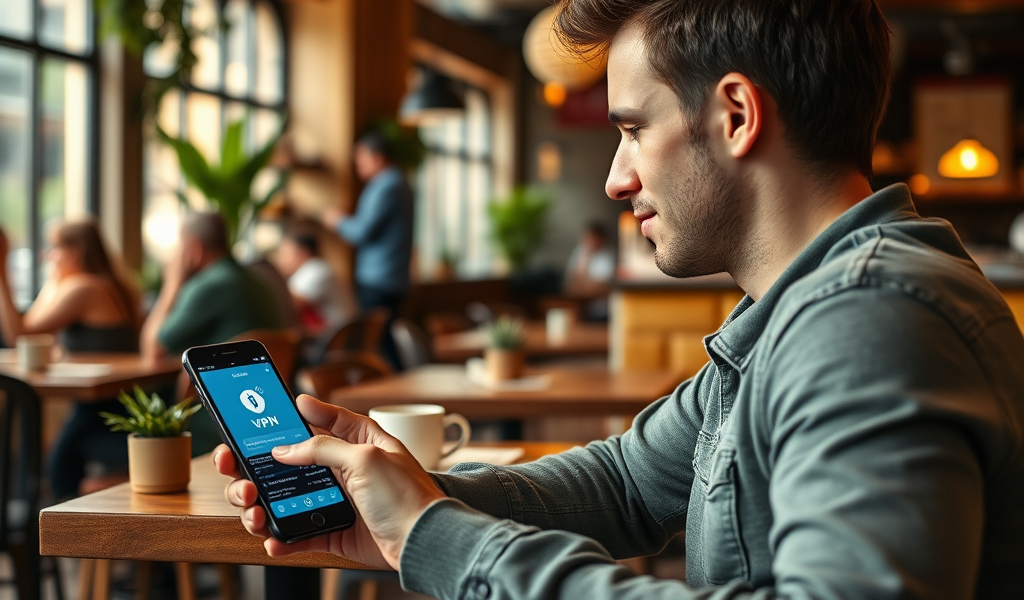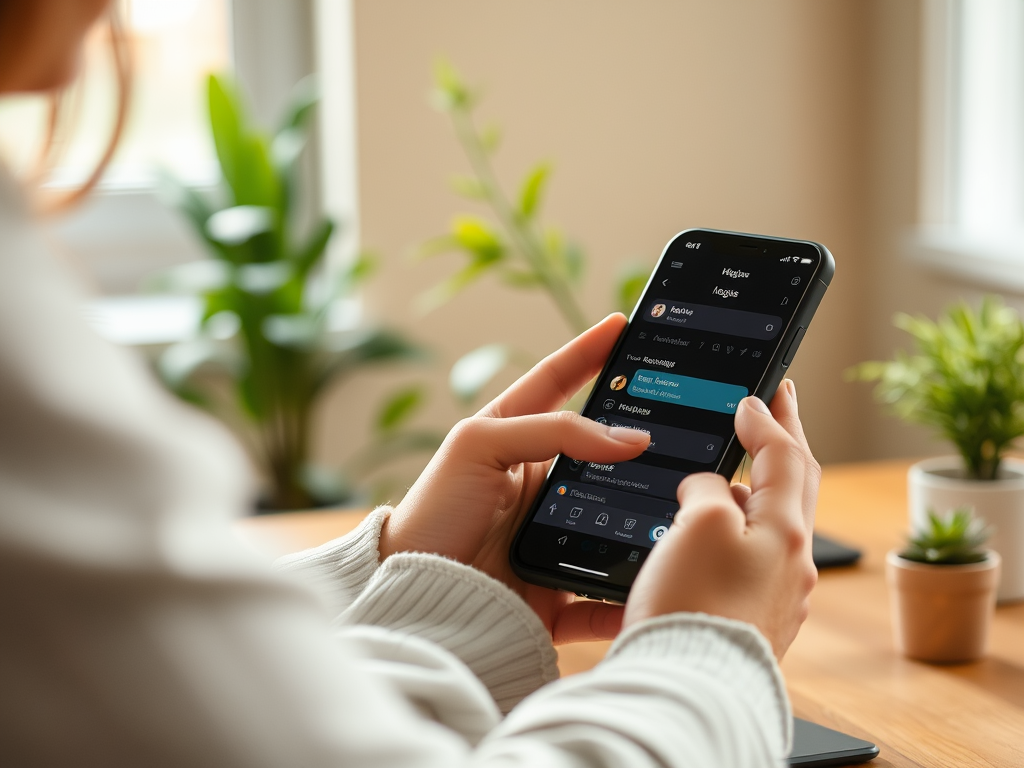In an age where our phones serve as the central hub for both personal and professional tasks, ensuring their security is more crucial than ever. Smartphones not only contain sensitive information, but they also access the vast expanse of the internet, exposing users to various threats. Among the most effective tools for safeguarding this digital landscape is a Virtual Private Network (VPN). While most people associate VPNs with enhanced privacy and unrestricted access, their role in bolstering virus protection on mobile devices is equally significant. Understanding how to leverage this technology can offer a comprehensive shield against malicious attacks, making your digital life much safer. Dive into the intricacies of VPNs and discover how they can dramatically enhance your phone’s defenses.
Understanding the Basics of VPNs

A Virtual Private Network, commonly referred to as a VPN, is a technology that creates a secure connection between your device and the internet. It operates by encrypting your data, thereby safeguarding it from potential threats that abound in the digital realm. When you connect to a VPN, your internet traffic is routed through a secure server, which masks your IP address and allows you to browse anonymously. This anonymity makes it harder for cybercriminals to track your online activities and steal sensitive information. VPNs are especially useful for mobile users who frequently connect to public Wi-Fi networks, notorious hotspots for data breaches. Ultimately, while VPNs are not a cure-all for virus protection, they enhance your overall security by creating layers of defense against potential threats.
What is a VPN?
To comprehend the full capabilities of a VPN, it is vital to grasp its basic functionalities. In essence, a VPN establishes a direct line of encrypted communication between your device and a remote server, ensuring your data remains private while traversing the cyber landscape. The encryption process transforms your data into a format that is unreadable to anyone who might intercept it. Additionally, VPNs can help you bypass geographical restrictions, allowing access to content that might be blocked based on your location. This combination of privacy, security, and accessibility makes VPNs an attractive option for anyone looking to bolster their online safety. By deploying a VPN, you’re effectively securing your connection regardless of how you access the internet.
How VPNs Help with Virus Protection
While it’s important to clarify that a VPN cannot directly remove viruses from your phone, it can significantly contribute to your overall security. Here’s how:
- Data Encryption: A VPN encrypts your connection, making it much harder for malware to infiltrate.
- Protection Against Phishing: With a VPN, your data is encrypted, reducing the chance of falling prey to phishing scams.
- Secure Remote Access: Accessing the internet through a secure VPN connection keeps your data safe from various attacks, including malware.
The Importance of Phone Security

In today’s digital environment, understanding the various threats your mobile device is exposed to is vital for enhancing your security. Smartphones are not just communication tools; they store personal photos, documents, and even sensitive financial information. Unfortunately, cyber threats are becoming more sophisticated, making it essential for mobile users to stay one step ahead. From malware to phishing and everything in between, there are numerous threats targeting unsuspecting users. Below are some common threats that every smartphone user should be aware of:
- Malware: This includes any malicious software aimed at disrupting your device’s operations or stealing your information.
- Phishing: Attempts to trick users into divulging personal information by posing as a trustworthy source.
- Wi-Fi Snooping: Risks associated with public Wi-Fi, where cybercriminals can intercept data transmissions.
How VPNs Improve Your Phone’s Security
Utilizing a VPN on your mobile device undeniably enhances your security. One of the most significant advantages is the ability to browse safely on public Wi-Fi networks, which are often unencrypted and vulnerable to attacks. When you’re on a public Wi-Fi network, your data can be susceptible to interception. However, when protected by a VPN, your data is encrypted, creating a secure connection that keeps hackers at bay. In addition, certain websites or content can be geo-restricted, and a VPN allows you to bypass these limitations without sacrificing security.
To illustrate the capabilities of VPNs, consider the comparative table below detailing the potential protection benefits of using a VPN:
| Protection Feature | Without VPN | With VPN |
|---|---|---|
| Data Encryption | No Encryption | Full Encryption |
| IP Address Masking | Visible IP Address | Masked IP Address |
| Safe Public Wi-Fi Use | Risky Use | Secure Connection |
| Access to Restricted Content | No Access | Full Access |
Best Practices for Using a VPN on Your Phone
To fully reap the benefits of a VPN, you must adopt certain best practices that enhance your security. Firstly, selecting the right VPN provider is crucial. Ensure that the service you select has a solid reputation for privacy and security. Look for features such as no data logging and strong encryption standards. Secondly, configuring your VPN to connect automatically whenever you access the internet protects you from potential threats on unsecure networks. Lastly, keeping both your VPN app and phone’s operating system updated ensures you have the latest features and security enhancements.
Another essential consideration is how your VPN settings can impact your security. Here are some suggested configurations:
- Automatic Connection: Enable automatic VPN connection when connecting to unknown networks.
- Kill Switch Feature: This setting disconnects your internet if the VPN connection drops.
- Split Tunneling: Choose which apps use the VPN, allowing for flexibility while maintaining security.
Conclusion
In summary, using a VPN on your mobile device is not just a good practice; it is a necessary step towards enhancing your virus protection and overall security. By encrypting your data and securing your connections, a VPN plays a vital role in your digital safety strategy. Although it cannot replace traditional antivirus software, it serves as a critical complement, providing layers of defense against the numerous threats lurking in cyberspace. By deploying the right VPN and adhering to best practices, you can ensure that your personal information and digital assets remain protected from a host of malicious activities.
Frequently Asked Questions
- Can a VPN replace antivirus software? No, while a VPN enhances privacy and security, it should complement, not replace, antivirus software.
- Do all VPNs offer the same level of protection? No, the level of protection varies by provider. Always choose a trusted VPN with strong encryption standards.
- Is using a VPN on my phone easy? Yes, most VPN apps are user-friendly and can be set up within minutes.
- Can a VPN fix an already infected phone? No, a VPN cannot remove existing malware. It’s best to use antivirus software for that purpose.
- Does a VPN slow down my phone’s internet speed? Potentially. However, reputable VPNs minimize speed loss through effective optimization.









